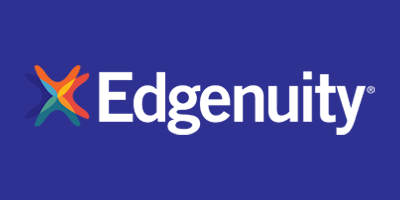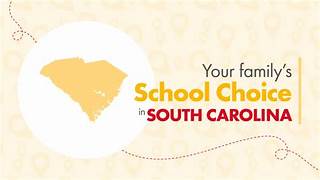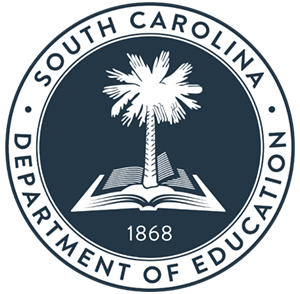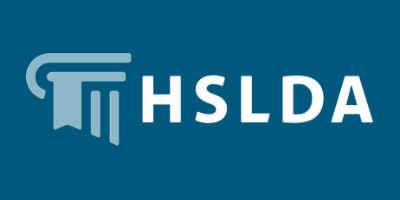South Carolina Homeschool Information
—Homeschool In South Carolina—
Homeschooling in South Carolina




Find Out What the State Says About Home Education
South Carolina School Choice
Click above for general information on the school choice.

South Carolina Department of Education
Click above for the state Education Information
South Carolina Homeschool

📚 4. Reporting & oversight
-
Option 1: district monitors compliance and progress; semiannual reports, portfolio review, possible notification/corrections.
-
Options 2 & 3: associations handle oversight; they must report annually to school districts by January 30.
-
Annual standardized testing applies only to Option 1.
🚫 5. What’s not required
-
No immunization or vaccines mandated for homeschoolers.
-
No state-issued curriculum; parents choose their own materials.
-
No state-mandated instructional scope/sequence.
-
No minimum 51% parent-taught rule—outsourcing/tutors/co-ops are allowed.
A Private School Option
1. What is an Umbrella or Accredited Private School?
These are private institutions—either brick-and-mortar or online—that offer accredited educational programs to homeschoolers. Known as “umbrella” or “cover” schools, they often provide services like curriculum guidance, recordkeeping, portfolio reviews, standardized testing support, diplomas, and transcripts
2. How This Option Compares to the Three Legal Homeschool Routes
When enrolling in a private or umbrella school, you’re functioning under South Carolina’s private school law (Code §59‑65‑10A), not under the public school-district oversight (Option 1), nor under a homeschool association (Option 2 or 3)
-
No need to apply for district-approved homeschool status — you’re considered a private school student.
-
No semiannual progress reports or district oversight required.
-
No annual public standardized tests unless the private school requires them.
-
These schools typically mandate a diploma or transcript pathway and may handle NCAA or college GPA requirements .
✅ Summary
If you enroll in an accredited private or umbrella school:
-
You fall under private school regulations, not district homeschooling.

- You’re often still required to meet state homeschool accountability through a recognized association—unless the school itself qualifies as a legal accountability group.
-
You gain advantages in curriculum, grading, and recognition, especially for high school transcripts and college entry—but you’ll also handle a hybrid management model.
South Carolina K-12 Scholarship Programs

3. Pending Voucher Program & Constitutional Debate
Legislative efforts:
In early 2025, the SC House passed a bill to allocate $30 million in state/general funds—or alternatively via lottery profits—for $6,000 scholarships to families earning up to 300% FPL (approx. $100K for family of 4). It now awaits Senate concurrence
Constitutional challenge:
South Carolina’s Constitution (Art. 11, Sec. 4) prohibits direct funding to private or religious schools—the so-called “Blaine Amendment” The 2023 voucher pilot was struck down by the state Supreme Court, and opponents maintain the new scheme still violates this restriction.
Lawmakers are exploring a constitutional referendum to repeal the prohibition on private school funding .
4. Public & Intra-District Choice
South Carolina already allows public-school choice within districts, enabling students to attend schools outside their zoned area if seats are available; however, funding and transportation policies vary by district.
South Carolina K-12 School Choice & Scholarship Summary
Here’s an updated summary of school-choice options and funding support in South Carolina:
🎓 1. Education Scholarship Trust Fund (ESA)
What it is:
A state-run education savings account (ESA) for qualifying families. Parents receive $6,000 per student (in quarterly installments via ClassWallet) to pay for approved education expenses—including private school tuition, textbooks, tutoring, therapies, transportation (up to $750), technology, and more
Eligibility & caps:
-
Must be SC residents in grades K–12 (or incoming kindergarten), though homeschoolers are now eligible too.
-
Income caps escalate over time:
-
2024–25: ≤ 200% of federal poverty level (FPL); limit = 5,000 students
-
2025–26: ≤ 300% FPL; limit = 10,000
-
2026–27 onward: ≤ 400% FPL; limit = 15,000
-
Notable exclusions:
Charter school students, active homeschoolers (pre‑ESAs removal), and students already receiving Exceptional SC scholarships cannot receive both
Homeschool changes:
As of 2024, homeschool students may now use ESAs as long as they spend through approved providers, satisfying attendance requirements .
2. Exceptional SC & Tax-Credit Scholarships
For special-needs students:
Administered by the nonprofit Exceptional SC using private donations to fund scholarships up to $11,000, used for tuition, books, and transportation
Tax-credit mechanism:
Donors receive tax credits (capped at roughly $12–$25 million across categories). There’s also a parental tax credit—up to $10,000—for eligible families paying private tuition
Funding history:
The Exceptional SC program has underdelivered; annual fundraising often falls short (e.g., $500k in 2023 vs. $12m target)
Homeschool Resources for South Carolina
Homeschooling has been part of education for centuries. In earlier times, it was simple to begin without worrying about rules or oversight. Today, however, homeschooling regulations vary by state, and some families may find it more challenging to get started. That’s why NFC Academy provides helpful state-specific pages outlining homeschool laws—to guide and support you as you begin your journey.
In areas with stricter requirements, having reliable support is important. Organizations like the Home School Legal Defense Association (HSLDA) offer valuable legal guidance and protection, helping families stay informed and confident. With the right tools and resources, homeschooling can be a rewarding and manageable experience, no matter where you live.
Information on this page is intended for informational purposes for homeschool families in the specific state. The information supplied does not, nor is it intended to, provide specific legal advice. For specific legal advice, we recommend you consult an attorney. Membership with Homeschool Legal Defense may provide legal information for your situation, but you may prefer a local private attorney to review your situation to provide specific legal advice.



